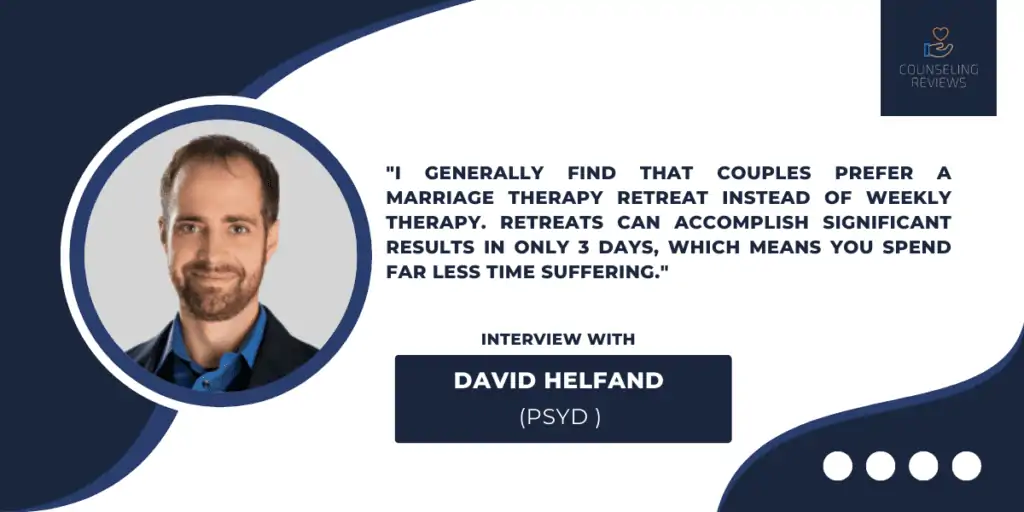
Işık and Kaya, a duo of Turkish researchers, conducted a study that investigated the associations between conflict resolution styles, spousal support, perceived stress, and marital satisfaction. The study was conducted to understand how heterosexual married couples dealt with the 2019 Covid-19 quarantine.
The researchers used the snowball sampling method to recruit 511 couples and used the Perceived Stress Scale, Spousal Support Scale, Conflict Resolution Styles Scale, and Marital Life Scale.
The study found that couples with higher marital satisfaction reported lower perceived stress, higher spousal support, lower negative conflict resolution, and higher positive resolution styles. In addition, the authors noted that the Covid-19 pandemic caused changes to marital life and family dynamics, with stress and lack of spousal support being strong predictors of marital dissatisfaction.
As this study was conducted in Turkey, and we desired to understand how these issues play out during therapy sessions, we contacted family therapist and marriage counselor, Dr. David Helfand, PsyD. Dr. Helfand is a licensed psychologist specializing in couples therapy, neurofeedback, and brain mapping.
He has worked with hundreds of couples to improve their emotional connection, sexual intimacy, and overall relationship satisfaction. He specializes in couples therapy retreats, and uses principles from neuroscience and clinical psychology to teach couples a process of communication and connection to remain self-sufficient for years to come.

1. What sort of problems and challenges do married couples face today?
The problems in marriage have largely been the same since I started offering marriage therapy. However, the stressors have significantly increased. Most couples have issues resolving conflicts and communicating in a healthy and positive way.
2. Does this have something to do with compatibility?
When interactions are negative, it leads to difficult emotions and behaviors, decreased emotional connection, issues with sexual performance and satisfaction, and ultimately lead to concerns around compatibility. I often have to tell couples that the issue is not usually compatibility but a lack of skill on their part and a need to increase resiliency within the marriage.
3. Before the pandemic, what were the most common challenges that married couples faced?
Same as above. As I said, the issues are the same but there is more stress now. It’s difficult to set aside time for a date night when you can’t find a babysitter or feel safe with them coming into your home. If you both work from home now, sometimes being around your spouse all day long can add extra stress in your marriage.
Time apart was healthy for most couples, and our new work schedules are often causing more conflict.
4. What would you advise to married couples with post pandemic challenges?
Figure out what has worked well in the past to help you manage stress or rebuild a connection in your partner or marriage, and then replicate that behavior. We call this peak experience in psychology.
5. What is the best therapy married couples can get?
I generally find that couples prefer a marriage therapy retreat instead of weekly therapy. Retreats can accomplish significant results in only 3 days, which means you spend quality time, less money and far less time suffering.
Typical Responses to Stress
-
Flight: This may involve dismissing negative emotions or employing coping mechanisms such as diversion or immersing oneself in work.
-
Freezing with Niceness: Individuals who attempt to pacify others’ negative emotions by being overly pleasant often experience anxiety. They tend to momentarily freeze when confronted with anger or stress from others, aiming to manage their spouse’s emotions to regulate their own anxiety.
-
Complaints and Protests: Some individuals react to marital stress by voicing complaints and protests, expressing their dissatisfaction with the situation.
-
Anger or Numbness: Others may respond to stress by becoming either angry or emotionally detached, exhibiting a range from heightened irritation to emotional numbness.
Ways To Reduce Stress In Your Marriage With The Headings Retained
Open Communication About Family Finances
Address financial stress by having open and honest conversations about your family’s finances. Whether dealing with debt or monthly bills, transparency is key to manage stress.
Consider maintaining separate saving and spending accounts while collaboratively planning bill payments. Establish a strategy to manage and pay bills on time, to resolve and reduce stress, and providing a sense of security and relief.
Establish a Balanced Division of Responsibilities
Maintain equilibrium and balance in household responsibilities, regardless of work dynamics. Determine a fair distribution of chores based on individual capabilities and support each other as needed. By ensuring an equitable sharing and balance of responsibilities, neither partner will feel burdened or overwhelmed.
Embrace Personal and Joint Leisure Time
Balancing your personal time and quality time contributes to marriage stress relief. Identify activities that provide relaxation and engage in them individually or together.
Allow each other time for personal pursuits while also planning shared moments like movie nights, dinners, or activities you both enjoy. Integrating diverse forms of stress relief can enhance your marital bond.
Prioritize Your Relationship
Shift from merely surviving to actively nurturing your relationship. Amid the demands of work, parenting, and household tasks, prioritize spending quality time with your spouse. Temporarily let go of your job or non-urgent tasks, delegate responsibilities, or seek assistance from family, enabling personal time for you both to focus on strengthening your connection and reducing stress.
Release Grudges and Foster Forgiveness
Grudges create emotional distance and harm relationships. Practice forgiveness to mend rifts and foster understanding. If unresolved feelings or issues persist, address them openly and seek closure. Professional guidance from a marriage counselor can provide valuable insights offer support on overcoming such obstacles and moving forward positively.
When stress becomes hard to manage, marital retreats may help
Ensuring that stressors are addressed is crucial to sustaining a marriage and providing a higher degree of marital satisfaction. As Dr. Helfand says, marital problems may have remained the same after the pandemic, but the stressors have significantly increased.
Couples find it difficult to resolve conflicts and communicate healthily and positively. Interactions between spouses have become more negative, reselling in decreased emotional connection and impaired sexual performance.
These problems may not indicate a lack of compatibility but rather reflect the couples’ lack of skills to resolve conflicts and remain resilient. As per the Turkish study we quoted above, the Covid-19 pandemic may have also increased these stressors. It is essential to consider all these factors and enter marital retreats before the marital dyad worsens.




